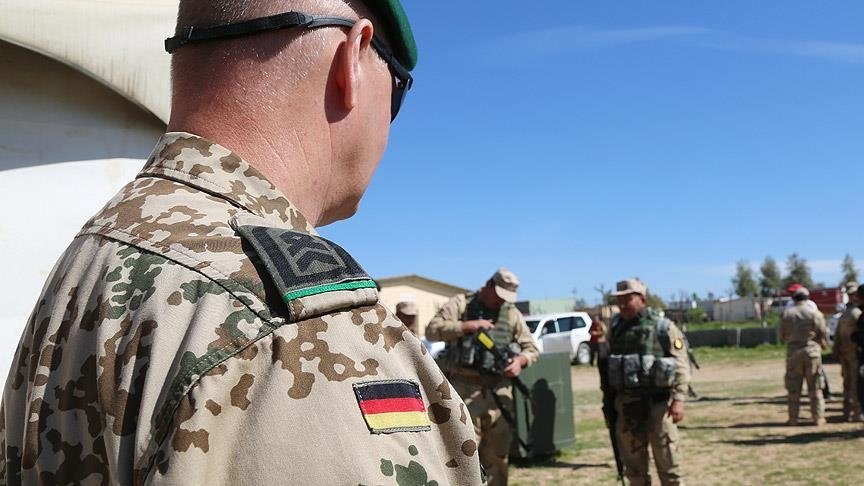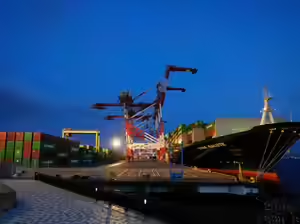Germany Seeks Private-Sector Support to Strengthen NATO’s Eastern Readiness

By Eva Richardson – The Logistic News
In a quietly coordinated effort, Germany is reinforcing its defense logistics by enlisting key industrial partners to prepare for a potential NATO deployment on the alliance’s eastern flank. The move, although not tied to any imminent crisis, highlights Berlin’s growing focus on readiness in the face of shifting security dynamics in Europe.
Officials at the Ministry of Defense have confirmed that discussions are underway with companies such as Rheinmetall, Lufthansa Technik, and Deutsche Bahn to formalize rapid-access agreements for infrastructure and transport assets, should NATO request expedited troop or equipment movement toward Poland, the Baltic states, or beyond.
From Planning to Preparedness
The initiative is part of a broader logistical realignment across NATO countries, where the challenge is no longer just about military capability, but the speed at which that capability can be deployed. Germany’s geographic location makes it a natural transit hub, but peacetime infrastructure doesn’t always adapt easily to defense-grade mobility.
By integrating private-sector rail, air, and ground logistics systems into its contingency planning, the Bundeswehr aims to close the gap between strategic intent and operational execution.
“Time is the most unforgiving factor in any crisis,” said a senior defense logistics advisor. “You can have the equipment and the people, but if you can’t move them quickly and efficiently, you lose the initiative.”
Industry Participation on a Strategic Basis
Although no binding contracts have been announced, preliminary frameworks are being drawn up. Rheinmetall, a long-time defense supplier, is expected to offer mobile maintenance capabilities and depot access. Lufthansa Technik will provide support for cargo aircraft ground handling and rapid conversion of hangar space if needed. Deutsche Bahn is reviewing eastbound routes and station capacity for potential troop and equipment transit.
Each company brings logistical expertise that the military alone cannot scale without considerable delay. The collaboration also ensures that any future response won’t depend solely on military infrastructure, which is limited by both budget and availability.
A Model of Civil-Military Synergy
Germany’s approach reflects a growing European trend: relying on the private sector not only for procurement but for operational logistics. NATO has encouraged its members to adopt dual-use infrastructure strategies, and Berlin appears to be among the first to institutionalize such planning at scale.
“We’re not militarizing civilian systems,” noted a spokesperson from the defense ministry. “We are securing them—ensuring that if the time comes, they’re ready to serve.”
Conclusion
In a world where logistics is now a strategic asset, Germany’s move to align its industrial capacity with defense planning is less a reaction and more a reflection of modern security thinking. Deterrence today is not just about weapons. It’s about knowing that you can deliver, anywhere, at any time—and having the rail lines, airfields, and maintenance crews to prove it.
The post Germany Seeks Private-Sector Support to Strengthen NATO’s Eastern Readiness appeared first on The Logistic News.
Share this post
Related
Posts
Finland warns of probable attempts to sabotage underwater infrastructure
Finland is raising its voice on a subject that has become critical for Europe: the vulnerability of cables, telecom links,...
Exports are still progressing, but the decline toward the United States is worrying
Japan records a fourth consecutive month of export growth, driven by solid demand in certain technological segments. But behind this...
The value of engines boosts teardowns and strains the freighter chain.
Engines are sometimes worth more than the plane: “teardowns” are accelerating and the freighter conversion chain is tightening Context: Engines...
Data becomes the strategic weapon of shipping in 2026
The digital transformation of the maritime sector is reaching a turning point: by 2026, data will no longer be a...




